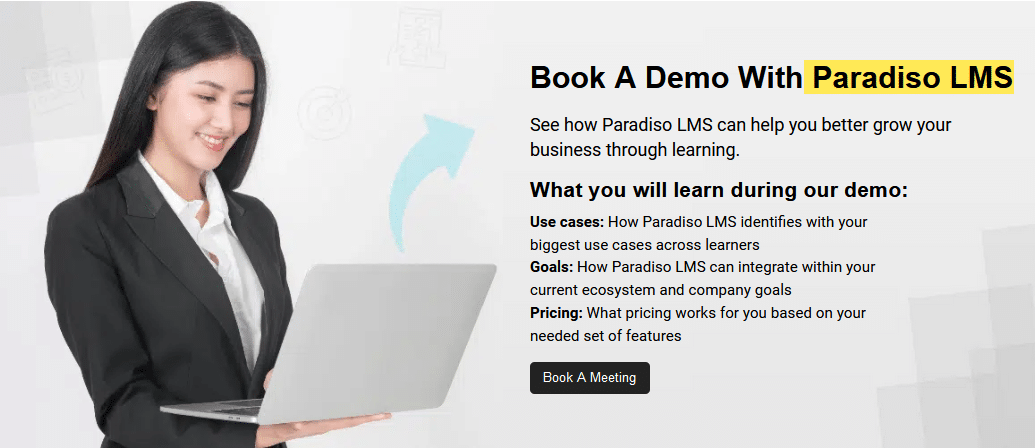Imagine having all your courses, schedules, and student interactions neatly organized in one place. Sounds ideal. That’s exactly what course management systems (CMS) offer. These platforms simplify the complexities of managing educational programs, making effective learning achievable for both educators and learners. Let’s explore how CMS works and why it is essential in today’s learning environments.

We have
something for you!
Are you still figuring out which LMS is the best? Grab the chance to explore the LMS Buyer's Guide and get started.
















